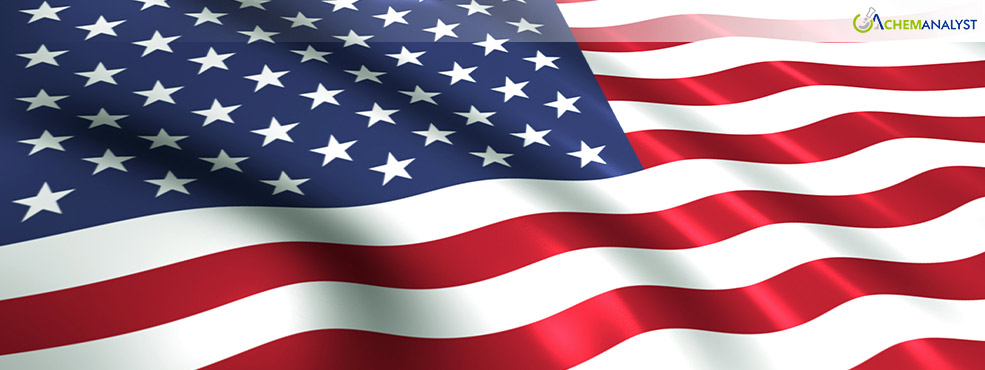Welcome To ChemAnalyst

Panama's President Jose Raul Mulino announced the country’s decision to withdraw from China’s Belt and Road Initiative (BRI), marking a clear shift in its foreign policy. The decision comes amid escalating tensions with the United States over the management of the Panama Canal, a vital waterway central to global trade. The US, particularly former President Donald Trump, has repeatedly threatened to reassert control over the canal, citing concerns about China's growing influence in the region.
Panama’s withdrawal from the 2017 memorandum with China’s BRI signals the country's effort to de-escalate tensions with the US, following multiple warnings from Trump. In a meeting with US Secretary of State Marco Rubio, Mulino reaffirmed Panama’s sovereignty over the canal, stating that the issue of control was "not up for discussion." The Panama Canal, which was under US control until its transfer to Panama in 1999, remains crucial for global shipping and trade, and Trump has accused Panama of violating the 1999 agreement by allowing Chinese influence in the region.
Trump, who has previously threatened to take back control of the canal, made his position clear once again, stating, "Something very powerful is going to happen" if Panama does not reduce Chinese influence. He claimed that the canal was "foolishly" given to Panama, and that China now essentially controls it, a claim that Panama has vehemently denied.
During the meeting with Rubio, Mulino also revealed that Panama is conducting an audit of the Panama Ports Company, a Chinese-linked entity operating two terminals near the canal. This move is part of Panama’s broader efforts to address concerns about foreign control over the critical waterway.
The tensions surrounding the canal are not just about geopolitics but also about economic interests. The US has long considered the canal vital for its strategic and trade purposes, and any shift in its control would be seen as a major blow to American influence in the region. Despite Trump’s repeated threats, Mulino insisted that no real threat to Panama’s sovereignty was on the horizon, and that the neutral status of the canal, as established by the 1977 treaty, would be upheld.
Panama's decision to distance itself from China’s Belt and Road Initiative is seen as a gesture to calm relations with the US, while also maintaining its claim to sovereignty over the Panama Canal. The unfolding situation highlights the delicate balance Panama must strike between its economic relationships with China and the United States, both of which are key players in the country’s future.
We use cookies to deliver the best possible experience on our website. To learn more, visit our Privacy Policy. By continuing to use this site or by closing this box, you consent to our use of cookies. More info.
